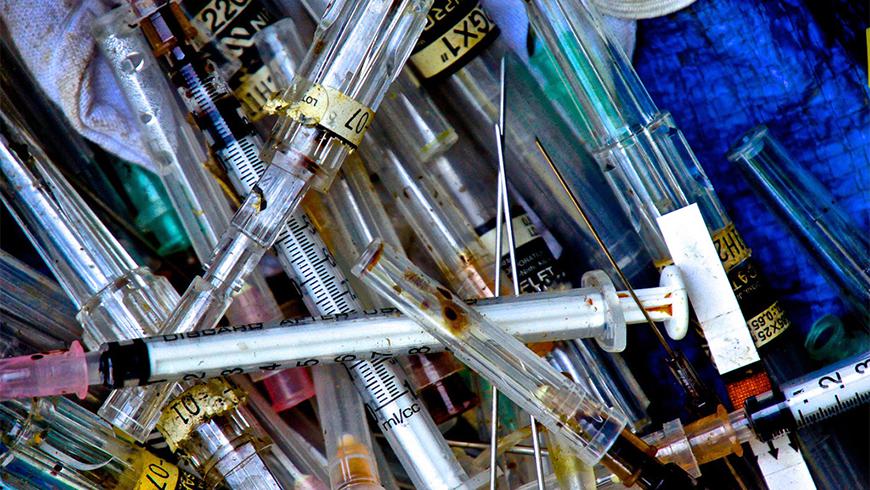 Because it contains a high amount of disease-causing organisms, also called pathogens, medical waste poses a risk when handled improperly and released into the environment. The World Health Organization (WHO) has stated that improper disposal of medical waste can cause the following diseases:
Because it contains a high amount of disease-causing organisms, also called pathogens, medical waste poses a risk when handled improperly and released into the environment. The World Health Organization (WHO) has stated that improper disposal of medical waste can cause the following diseases:
Parasitic Infections
It’s not surprising that labs who regularly test for parasitic infections would have specimens that are positive for parasites. Typically, labs will incubate body fluids to test for these parasites, then dispose of them as medical waste. Some of the parasites can still live and thrive in the waste and potentially cause infection should they come in contact with a host.
Lung Infections
It is common for medical waste to release airborne aerosols that could potentially contain pathogens, such as a respiratory syncytial virus (RSV), or other viruses that can cause lung infections like influenza, tuberculosis and pneumonia.
Skin infections
It’s very possible to contract a skin infection from medical waste, even something as dangerous as anthrax. Yes, anthrax cases are rare, but anthrax vaccine-producing labs may generate anthrax-contaminated medical waste and, if handled improperly, this waste poses a serious threat to the community.
HIV and Hepatitis B and C Viruses
There is always the chance that medical waste contains sharps that may contain blood contaminated with viruses that cause AIDS, Hepatitis B and C. A needle stick or puncture from a scalpel blade can result in deadly infections. This is why sharps are required to be disposed of in rigid, sealed, and clearly marked containers.
Candida
Candida is a disease caused by the yeast Candida albicans. Candida albicans is associated with prolonged hospital stays, so it goes without saying that untreated waste from hospital facilities may contain significant amounts of this pathogen. Candida poses significant and even life-threatening risk to the elderly, pregnant mothers, small children, and people with weakened immune systems.
Meningitis
Medical waste may contain pathogens that can transmit meningitis. Meningitis, which is transmitted via body fluids, causes inflammation of the membranes surrounding the brain and spinal cord.
Bacteremia
Bacteremia is a life-threatening infection. Bacteremia infection occurs when bacteria are present in the bloodstream, where it can easily infect other organs and cause inflammation. A particular type of medical waste, sharps, can introduce pathogens into the bloodstream that may result in bacteremia.
It always bears repeating: properly storing, handling, and disposing of medical waste goes a long way in keeping yourself, staff, and community members safe from harmful disease and infections.
Do you need help managing your medical waste? MedPro Disposal provides full-service management, removal, transportation and disposal of regulated medical waste. Contact us today to learn more.


